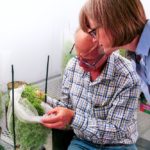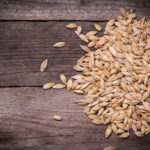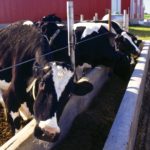Glacier FarmMedia – In a region dominated by canola and wheat, oat production can be undervalued. But those who grow it for food markets, work in the seed trade or feed it to livestock defend the crop’s production and value. That is why the recent sequencing of the oat genome is viewed with anticipation. Creation












